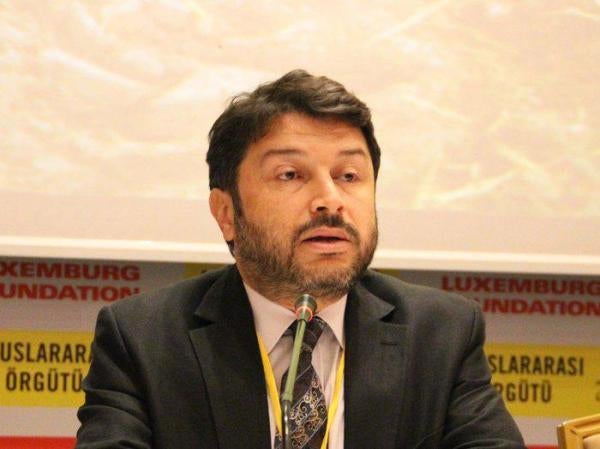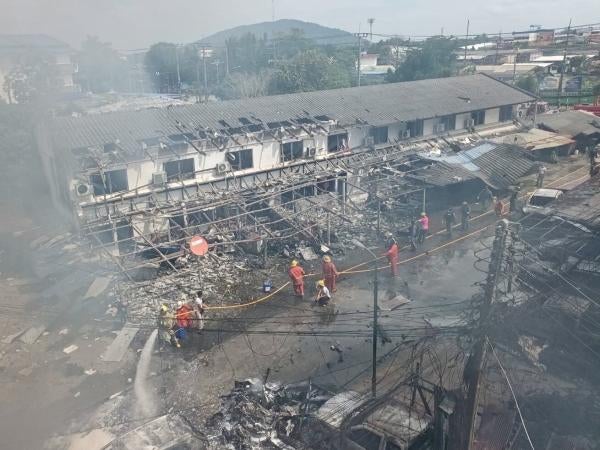We sometimes see international human rights organizations calling for an “accountability mechanism,” but what exactly does that mean?
In Tuesday’s Daily Brief, as part of our irregular series on the ponderous terms human rights wonks sometimes use, I asked readers to define, “accountability mechanism.” I also asked on Mastodon and on Twitter.
I received dozens of recommendations. Some were funny, highlighting the difficulty we all sometimes have in making clear for others the jargon that insiders use every day. But most responses were thoughtful and serious.
There were some philosophical folks who took a big-picture approach, seeing democracy itself as a kind of accountability mechanism, a way to constrain excesses of power. Fair point!
Others got more specific…
Johannes Icking, Policy Advisor on human rights at Brot für die Welt, highlighted the UN high commissioner’s description of human rights accountability: “[1] the obligation of those in authority to take responsibility for their actions, [2] to answer for them to those affected, and [3] to be subject to some form of enforceable sanction if their conduct or explanation is found wanting," then added, “Accountability mechanisms are then mechanisms to compel the accused to reckon with their misconduct.”
I like that, but it’s maybe too long?
Sam Zarifi, Secretary General of the International Commission of Jurists, offered: “A mechanism that can help establish facts of human rights violations necessary for accountability for State and/or individual perpetrator, suggest appropriate remedies and prevent reoccurrence.”
Very good – short and specific – though I know some readers will prefer a definition that doesn’t incorporate the original terms.
The official twitter account of the Permanent Mission of Liechtenstein to the UN replied: “An entity that, among other things, collects, prepares and preserves evidence in order to assist investigators and prosecutors to bring light to events, hold perpetrators responsible for their actions, provide justice to victims, and deter similar actions in the future.”
That avoids the original terms and nails it for completeness – but, yes, it’s long.
My colleague, HRW’s UN Director Louis Charbonneau, uses this when people ask him: a team that gathers and reports evidence of abuses.
Nice and short.
But, of course, he also notes it’s not quite complete, because, as our Liechtenstein respondent mentioned: sometimes these bodies also preserve evidence and prepare cases for possible future prosecutions. Two examples of that would be the International, Impartial and Independent Mechanism (IIIM) for Syria and the Independent Investigative Mechanism for Myanmar (IIMM).
OK, that’s enough for now. You get the idea: an “accountability mechanism” – at least how human rights wonks use the term – is a body that helps justice efforts when there are serious human rights abuses happening.
Thanks to all readers who responded!
If you’d like us to decode other human-rights-related jargon, please email me or contact me on Twitter or Mastodon with your suggestions.








